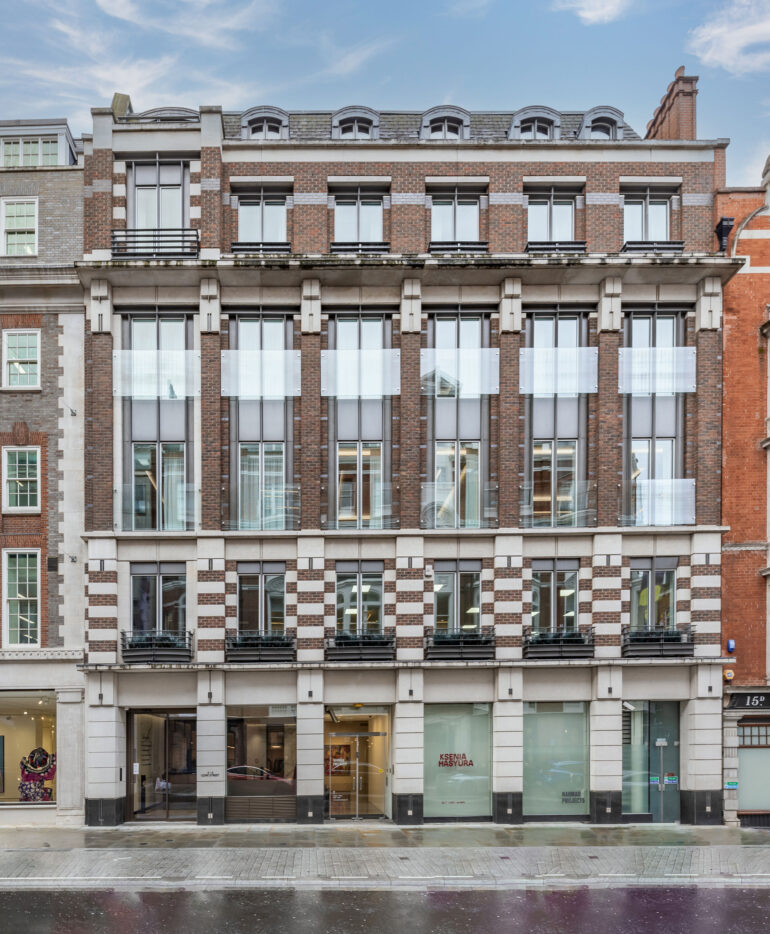The Top Cities in the World
for Real Estate Investment:
Why Old Beats New
The Top Cities in the World for Real Estate Investment: Why Old Beats New

If you look at commercial real estate markets from a pure price perspective, one city stands out: London. According to Savills, the West End of London commands the highest annual cost per square foot – around US$283, well above the second-placed Hong Kong.
So why is London the best city in the world for commercial real estate investment?
The answer lies in the age of the buildings and the capacity for London itself to keep growing. It is a lesson we can take from the UK’s capital and apply all over the world.
The Unique Appeal of Historical Buildings
The most expensive buildings in London are not the newer builds – they are the beautiful heritage properties, which exude an old-world glamour modern boxes of glass never will. This allure is complemented by their rarity: It is impossible for a developer to build a new old building. As a result, its existing old buildings become even more valuable, as they are so rare.
These structures, often meticulously preserved, provide a tangible connection to the past, something that modern buildings rarely achieve. And the world’s best organisations love the glamour and status that leasing office space in these buildings give them.
The investment potential of heritage properties
For all of that glamour, a lot of heritage buildings all over the world are in a poor state. Even in London there exists far too many incredible properties that can’t be rented to the best tenants because their beautiful exteriors hide decaying interiors without the modern conveniences needed for the type of office tenant. (Think showers, good internet, and bike parking.) Too many owners don’t have the ability to really bring these buildings to their full potential.
This presents a huge opportunity for investors willing to put some time and capital into making a neglected treasure shine again.
Why you need more than old buildings
London is far more than just a collection of heritage buildings: It is a living and breathing megacity with a bustling economy able to rent offices in those beautiful older buildings.
This is a crucial factor for real estate investors to consider. Are people still going to be working here when my grandkids inherit this generational investment? London retains the ability to grow thanks to its massive commuting belt and connection to the continent. You can also trust that your investment is unlikely to be put in jeopardy by a sudden political swing – nowhere has enmeshed the common law right to private property more than England. This sets London apart from cities in China where there is a lot of economic activity but less of a long-term guarantee of political stability.
Applying the Lessons of London to other cities
London is not alone as an incredible place to invest. The lessons of the city can be applied elsewhere.
Paris: Beautiful heritage, huge commuter belt
Paris has long been paired with London, and for good reason. While smaller it offers an incredible range of beautiful heritage property that the world’s best brands love to have offices in. And like London it has a gigantic commuter belt meaning the demand for that property can keep on growing and growing.
Geneva: Limited Space, High Value
Geneva, like London, offers a constrained commercial real estate market that is ripe for investment. The city’s picturesque setting and historical significance make its old buildings highly attractive to investors. Geneva’s limited space ensures that demand remains high, driving up property values. Investors looking to capitalise on this should focus on properties that combine historical charm with modern functionality.
Conclusion: Building Generational Wealth
Investing in cities with historical buildings and limited expansion opportunities is, not just about immediate returns; it’s also about building generational wealth, which is our key goal at Unica. These investments are long-term plays that provide sustained value over time, not quick bursts of money. Heritage properties, particularly in cities with strict building regulations and spatial constraints, are less likely to face market saturation. This ensures a steady appreciation in value, making them ideal for investors looking to create lasting financial legacies.
Published: July 22 2024
Author: Chloé Roussel
